Memorial area of folk artist Nguyen Long Phi (Uncle Ba Phi) is located at No. 26, Kenh Ngang, Lung Tram Hamlet, Khanh Hung Commune, Ca Mau Province.
When Uncle Ba Phi was 15 years old, his father fell ill and passed away, leaving his three younger brothers and five younger sisters to be taken care of by Uncle Ba. When he was 18 years old, Uncle Ba was forced by the French colonialists to work as a laborer and then exiled to France as a Foreign Legion soldier. Uncle Ba Phi persuaded two French soldiers to desert to Siam (Thailand) to find a way back to Vietnam and hid in the U Minh forest.
After returning, Uncle Ba Phi asked to work at the house of Huong Quan Te (Tran Van Te) and then Huong Quan Te married his third daughter, Mrs. Tran Thi Lu, but Uncle Ba had to live with his wife's family for three years before he could marry Mrs. Lu. From then on, people called him by the name combined with his wife's second name, which is Ba Phi.
After starting a family with Mrs. Tran Thi Lu, thanks to his diligence and hard work, Mr. Ba Phi reclaimed a lot of land in the U Minh Ha region at that time. Having his own land, Mr. Ba Phi and his wife took care of building their business. He mobilized laborers and tenant farmers to dig a canal in the middle of the U Minh forest, running straight to the West Sea to transport U Minh products to sell to French merchant ships anchored in the Gulf of Thailand. After that, Mr. Ba let tenant farmers plant cajuput trees along both banks of the canal, from which the Lung Tram canal got its name.
Uncle Ba Phi lived with Mrs. Lu for many years but she still could not give birth. During this time, Uncle Ba often replaced Huong Quan Te to transport fish to My Tho market, My Tho ward, Dong Thap province (today) to sell and participate in martial arts competitions. He met and became acquainted with Mrs. Le Thi Luong (Hai Luong). The two lived together. When Uncle Ba Phi returned to Ca Mau for a while, he found out that Mrs. Hai Luong was pregnant. After giving birth to a son, she named him Nguyen Tu Hai. About three years later, Mr. Ba Phi returned to My Tho to take Mrs. Hai Luong and her children to Ca Mau to live with him and his first wife, Tran Thi Luu. Knowing that she could not live in harmony under the same roof with Mrs. Luu, Mrs. Luong left her children behind and returned to her hometown alone. Around 1954, Mrs. Hai Luong returned to Ca Mau to visit her husband and children. After that, she returned to My Tho to remarry and had two more children. Mrs. Lu passed away in 1984, and her grave is currently being taken care of by her granddaughter, Ms. Hang, in Ta An Khuong commune, Ca Mau province. Later, Uncle Ba met and married Mrs. Lu Thi Cham (Ca Cham), a Khmer girl from the South. After living with Uncle Ba, she gave birth to three children for Uncle Ba Phi and passed away at the age of 24.
Uncle Ba Phi's altar.
In the story of Uncle Ba Phi, the wild natural landscape, the place names, the names of the land, the names of the villages and the difficult conditions of the people of Ca Mau - U Minh Ha forest are always present, that is what makes the story of Uncle Ba Phi so widespread. In addition to the pleasure of working and hunting for natural products, the people of U Minh forest need the warmth of humanity more than ever, they need a space to gather together, share and resonate with the joy of life. Uncle Ba Phi's story meets that need, it becomes an indispensable spiritual food for the people living in Ca Mau land.
Uncle Ba was a cheerful and optimistic person. Since childhood, he was very clever and intelligent. Later, most of the stories he told, whether exaggerated or exaggerated, were based on his thoughts, associations or personifications. Anyone who heard them would laugh because they seemed reasonable. In the early 1960s, the stories about Uncle Ba Phi appeared as a strange and interesting phenomenon, attracting everyone, including liaison comrades and soldiers on the front lines.
Lung Tram people understand Uncle Ho better than anyone else. Uncle Ho is not only famous for his stories that clearly show the personality of a Southern farmer, but also shows his unique creative thinking through each story. You can see Uncle Ba Phi with his bare back, his head wrapped in a checkered scarf, one hand resting a sharpened spear on his calf, his lips still "popping" a cigarette rolled in large newspaper, then Uncle Ho lowers his voice to tell one or two funny and witty stories to the people and children in the neighborhood who are gathered around.
In 1942, at the height of the revolutionary movement, Uncle Ba voluntarily donated hundreds of hectares of rice fields to the Party and the State to distribute to the poor who had no land to cultivate. He only left a few hectares for his family to cultivate and make a living.
Uncle Ba Phi passed away on December 6, 1964 (November 3, 1964 lunar calendar), in Duong Ranh hamlet, Khanh Hai commune, Tran Van Thoi district, now Kenh Ngang, Lung Tram hamlet, Khanh Hung commune, Ca Mau province. His grave is located between the graves of his two wives, Tran Thi Lu and Lu Thi Cham.
Currently, the relic only has the spear that Uncle Ba used to hunt wild boars, which is being kept by Ms. Nguyen My Le (Uncle Ba Phi's granddaughter), and the dugout canoe (which Uncle Ba Phi used to hunt in the forest), which is being kept and preserved by Mr. Nguyen Van Dun's family (Uncle Ba Phi's grandchild, who calls Uncle Ba Phi "Uncle").
Uncle Ba passed away but left behind a treasure trove of humorous stories for the next generation. Although they were not clearly recorded, stories such as: Turtle ship, frog fishing, snake slapping fish, sticky rice, tiger grinding rice, etc. are still passed down by word of mouth and spread from North to South. Whenever people see someone telling jokes or funny stories, they all compare them: "telling jokes like Uncle Ba Phi".
Uncle Ba Phi's grave
With the treasure trove of folk tales left behind, in 2003, Uncle Ba Phi was posthumously awarded the title of Folk Artist by the Vietnam Folklore Association and the Medal "For the Cause of Folklore".
On September 10, 2015, the People's Committee of Ca Mau province recognized the Memorial Site of Folk Artist Nguyen Long Phi (Uncle Ba Phi) as a Provincial Historical - Cultural Relic.
Source: https://www.camau.gov.vn/diem-den/khu-luu-niem-nghe-nhan-dan-gian-nguyen-long-phi-bac-ba-phi-254261


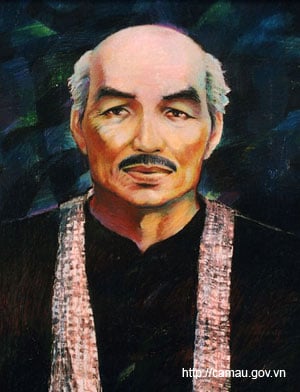
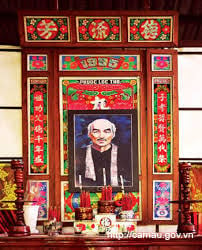
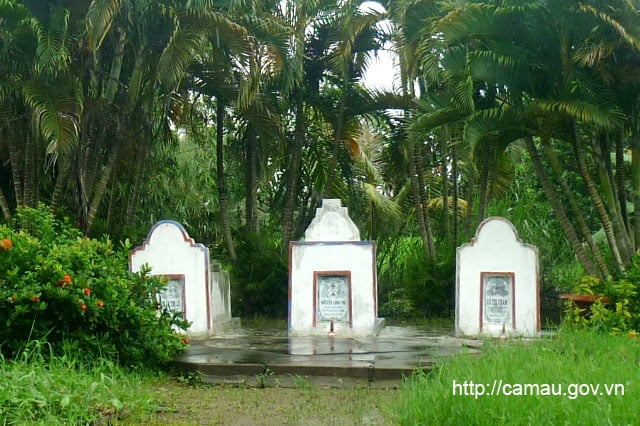
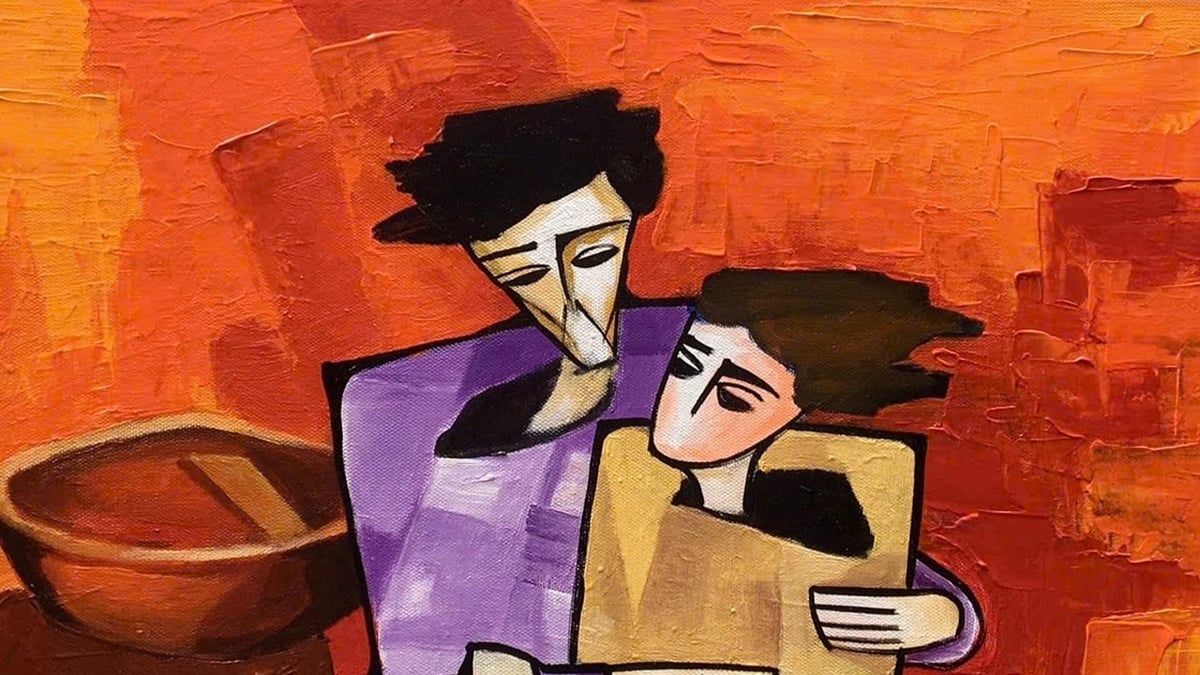
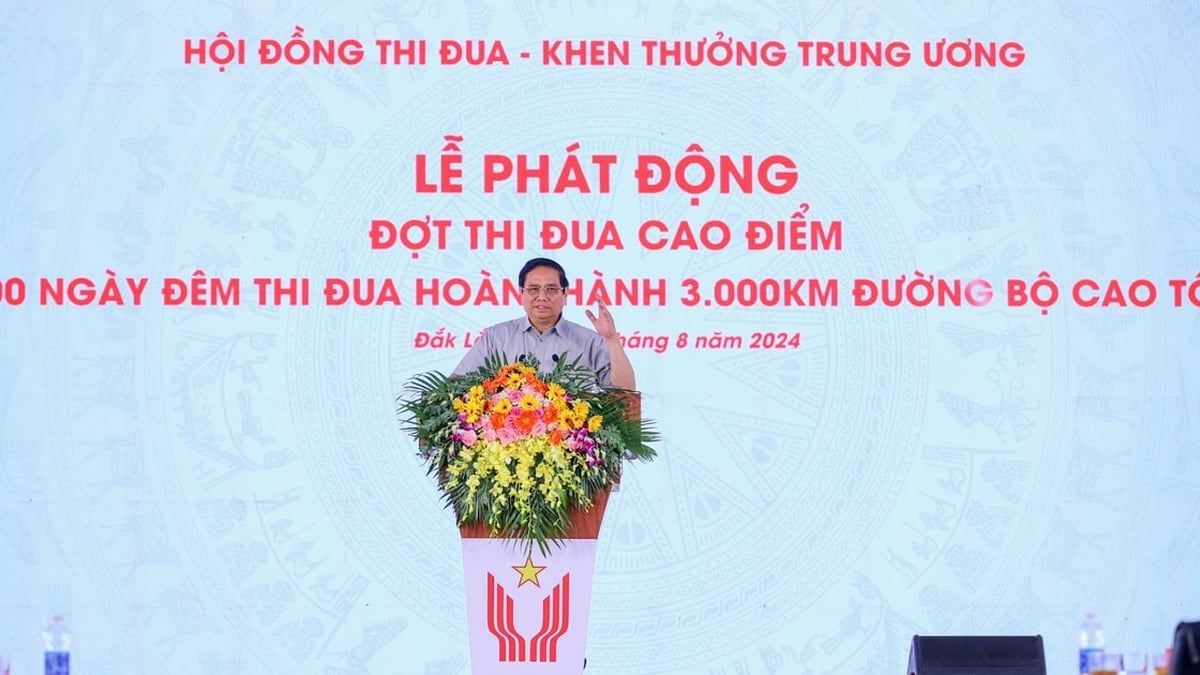
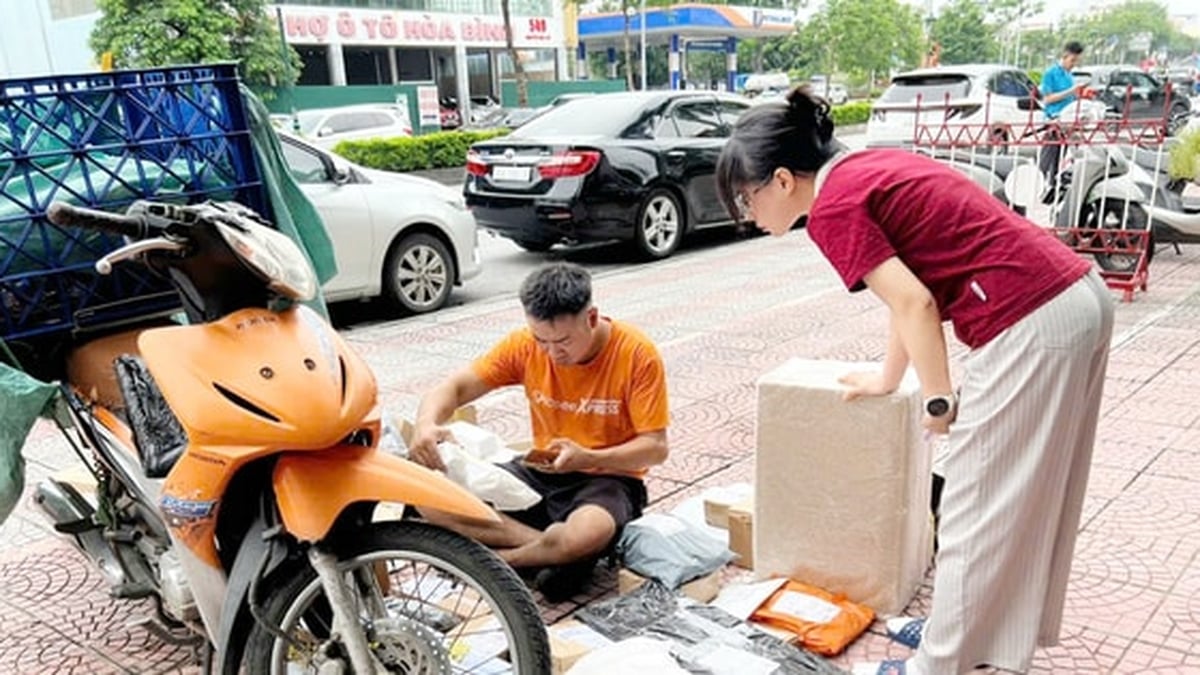
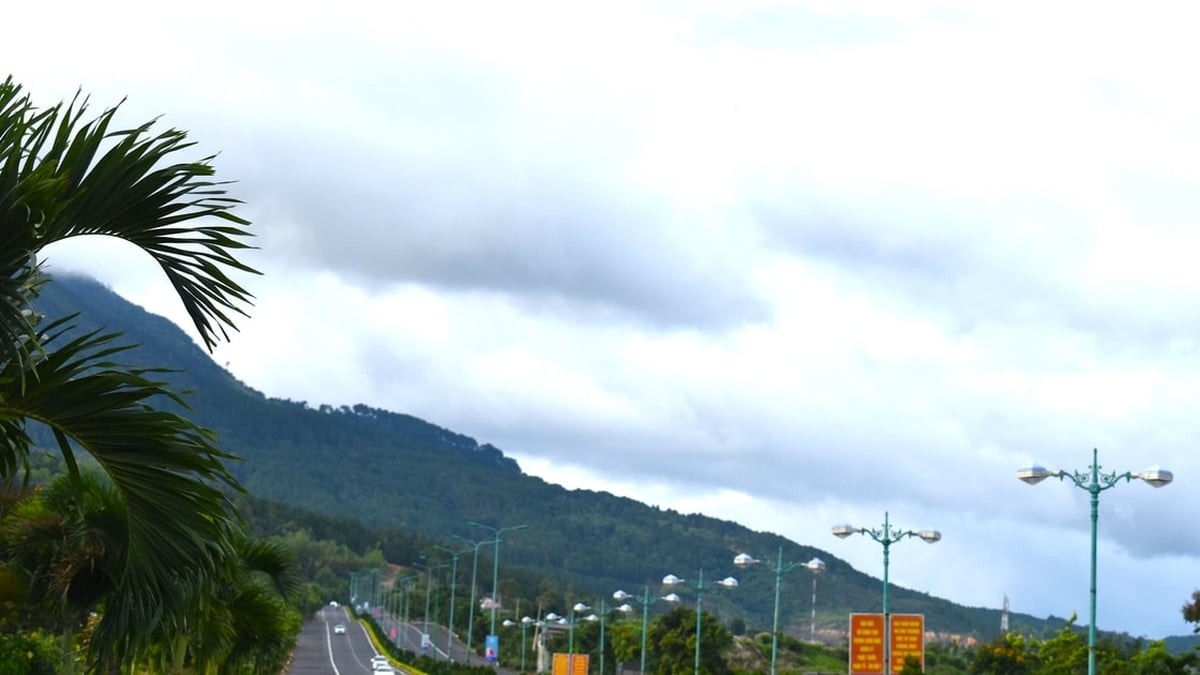
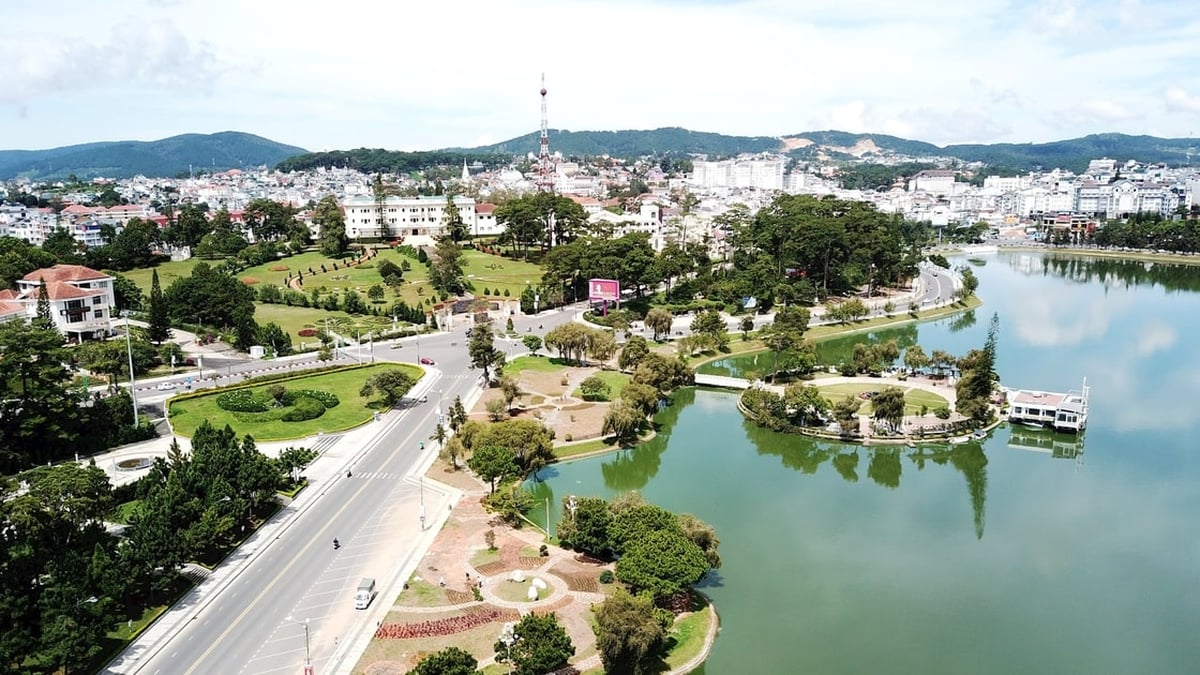
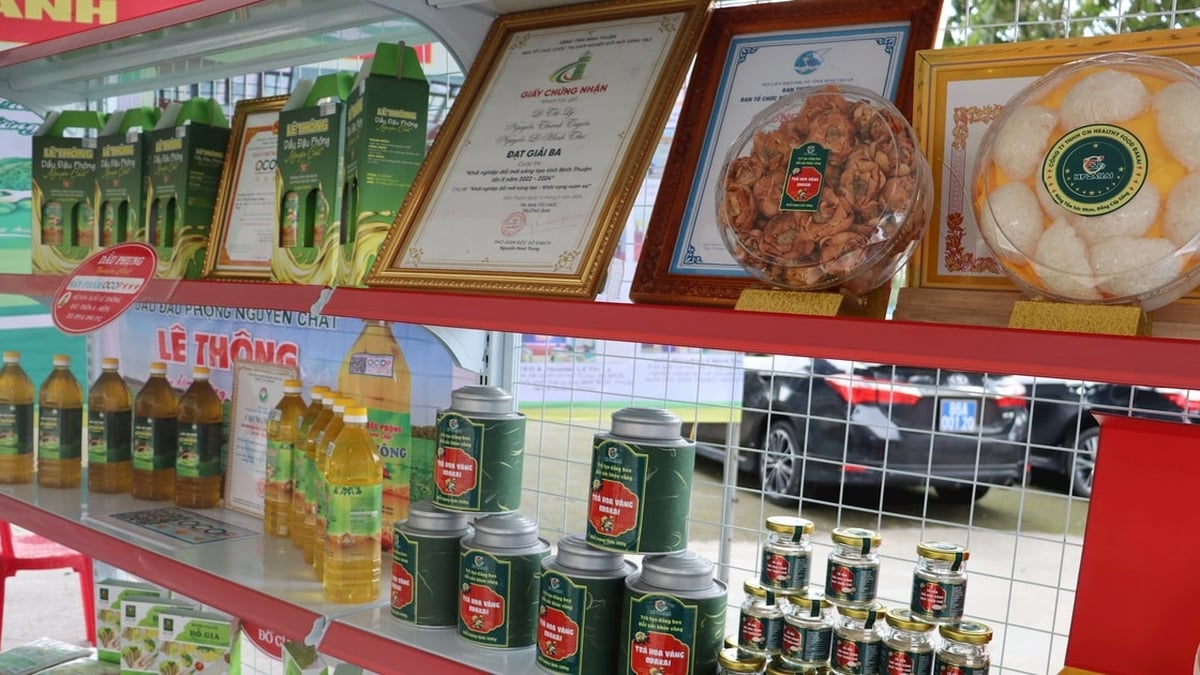

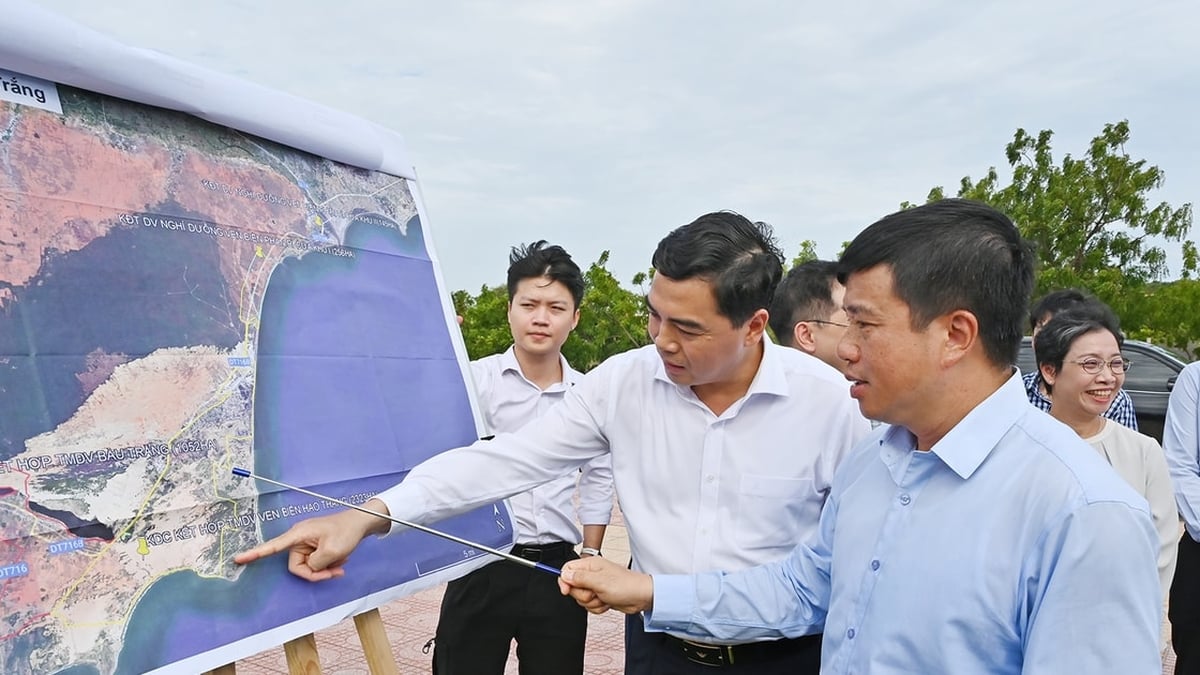
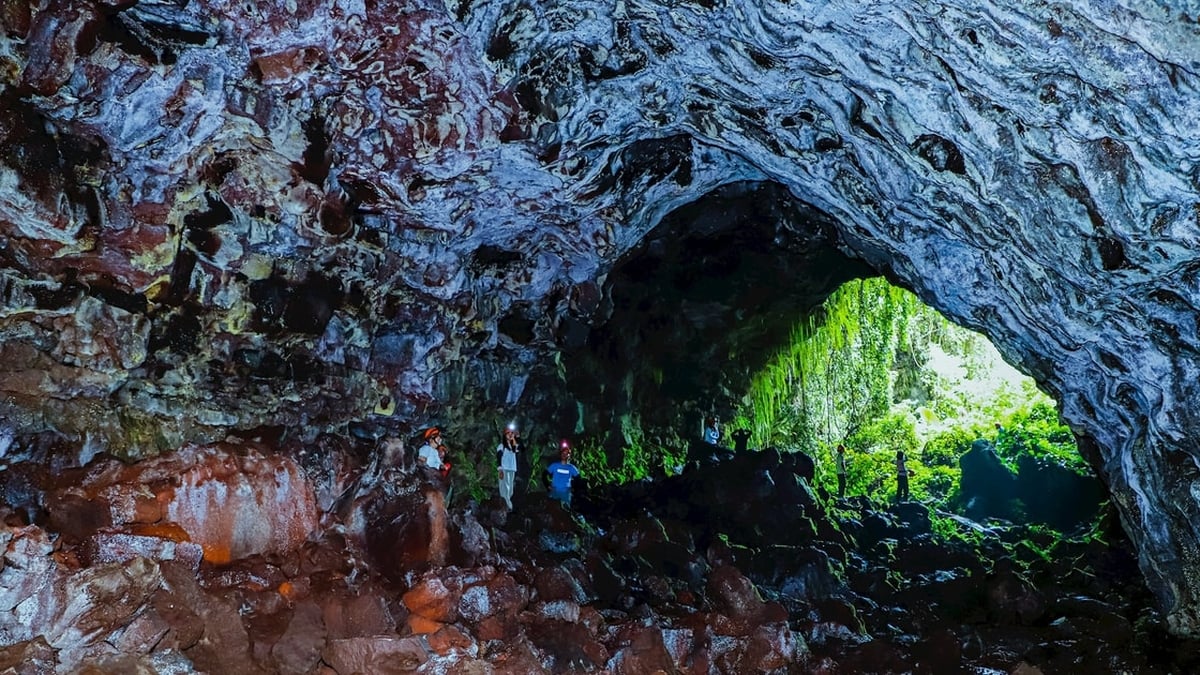
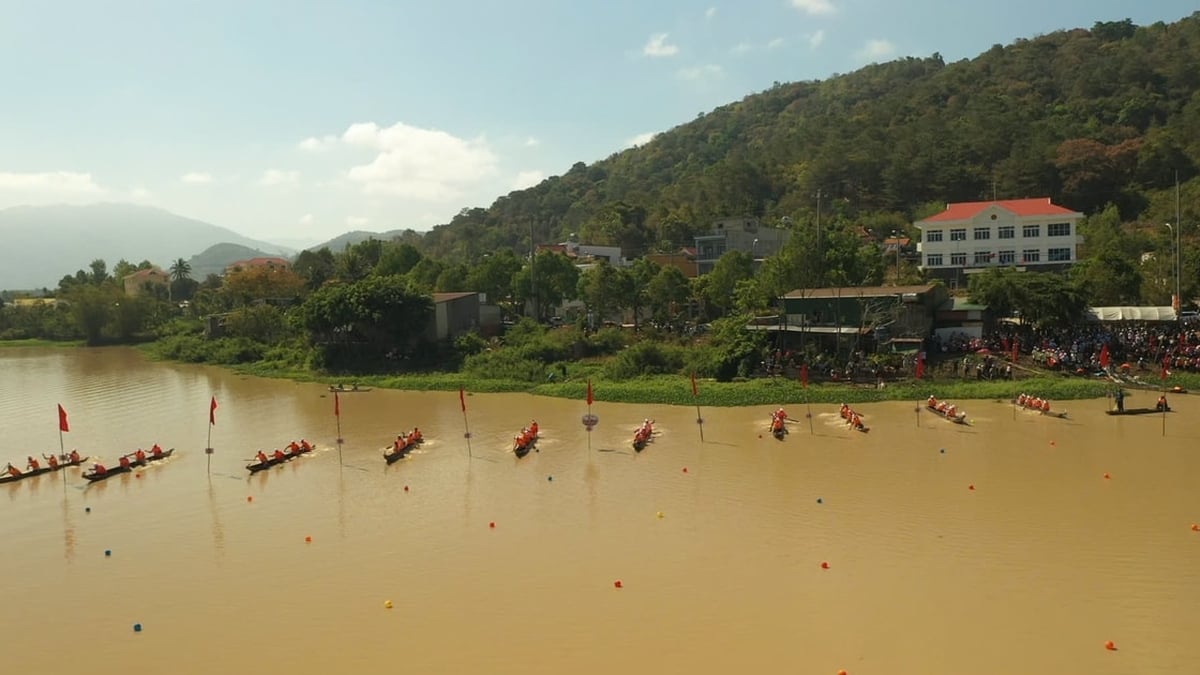






















































































Comment (0)